In children under the age of five an allergy to hen’s eggs is quite common, however, most do outgrow the allergy during childhood. Eczema is often associated with egg allergies and can even be known to make the eczema worse. Other food allergies tend to be common in children that have a hen’s egg allergy.

Remember there is a big difference between an intolerance and an allergy to a particular food and each react with different biological systems. It is common for someone who has an intolerance to a food to experience migraines, abdominal pain, muscle and joint pain and upper respiratory problems such as a runny nose or congestion. With an allergy signs and symptoms tend to be immediate and can be more dangerous such as swelling in the face or throat, skin hives, asthma or a fall in blood pressure.
It is important to recognise when the allergic reaction becomes life-threatening and therefore, needs to be treat as anaphylaxis. Which was discussed in a previous blog (How to deal with anaphylaxis post vaccination?).

Flu vaccines are grown either in hen’s eggs or in cells. Ovalbumin refers to the main protein that is found in egg whites. The ovalbumin content in flu vaccines is important if the vaccine is administered to someone with an egg allergy. Therefore, it is crucial to be aware of how to deal with a patient who informs you they have an egg allergy and want this year’s flu vaccination.
The Green book chapter 19 (1) states that inactivated flu vaccines that are egg free or have a low ovalbumin content (<0.06 mg for a 0.5ml dose) are available and can be used safely in individuals with an egg allergy. The ovalbumin content of influenza vaccines can be found at: https://www.gov.uk/government/publications/influenza-vaccine-ovalbumin-content
In previous years there had been some concern over the amount of ovalbumin in the live attenuated influenza vaccine (LAIV) used for children, however the Joint Committee on Vaccination and Immunisation stated from 2015, that all children with an egg allergy can be vaccinated in any environment including school and primary care, safely. However, children that have been admitted to intensive care for a previous severe anaphylactic reaction to egg are best given LAIV in a hospital setting.

Those children with another condition which contraindicates LAIV and has an egg allergy should be offered an inactivated flu vaccine with a very low ovalbumin content less than (0.12mcg/ml).
Adults with an egg allergy can be administered an inactivated influenza vaccine that has an ovalbumin content less than 0.12mcg/ml, an exception to this is, if the adult has had to be admitted to intensive care following a severe anaphylactic reaction to egg, these adults should be referred to a specialist who will assess them in regards to receiving the vaccine in hospital.
Children over nine years of age and adults that have an egg allergy, can also be vaccinated using the quadrivalent inactivated egg-free vaccine, Flucelvax Tetra, which is licenced for administration in this age group.
Please remember that we have online and face to face vaccination courses and create bespoke courses to meet your needs. https://ecgtraining.co.uk/
References
Public Health England (2019) The Green Book, Chapter 19: Influenza [online] Available at : https://www.gov.uk/government/publications/influenza-the-green-book-chapter-19 4[Accessed 6th October 2020]
Written by Lisa Humble ( ECG Clinical Development Manager), Wednesday 7th October 2020












